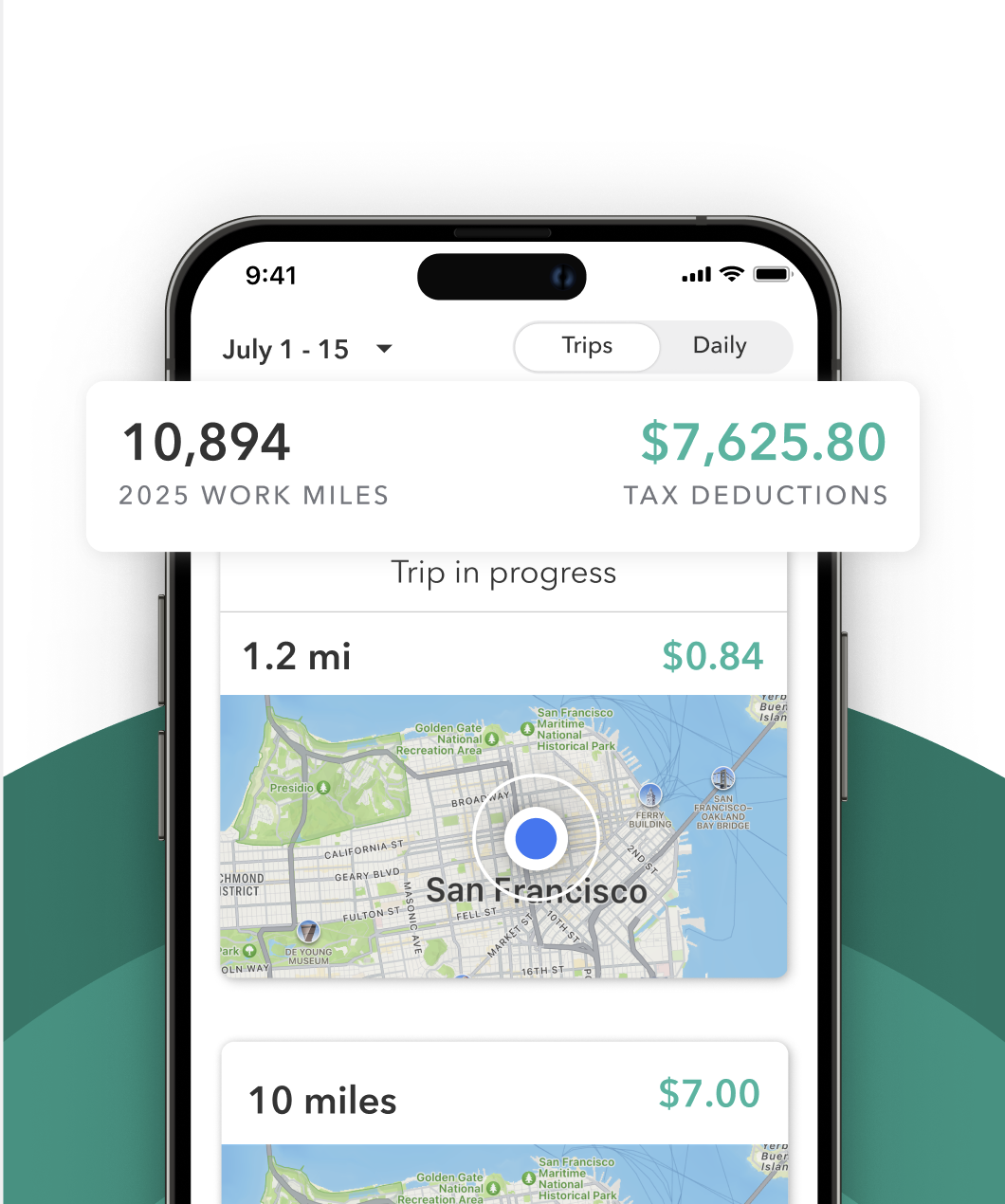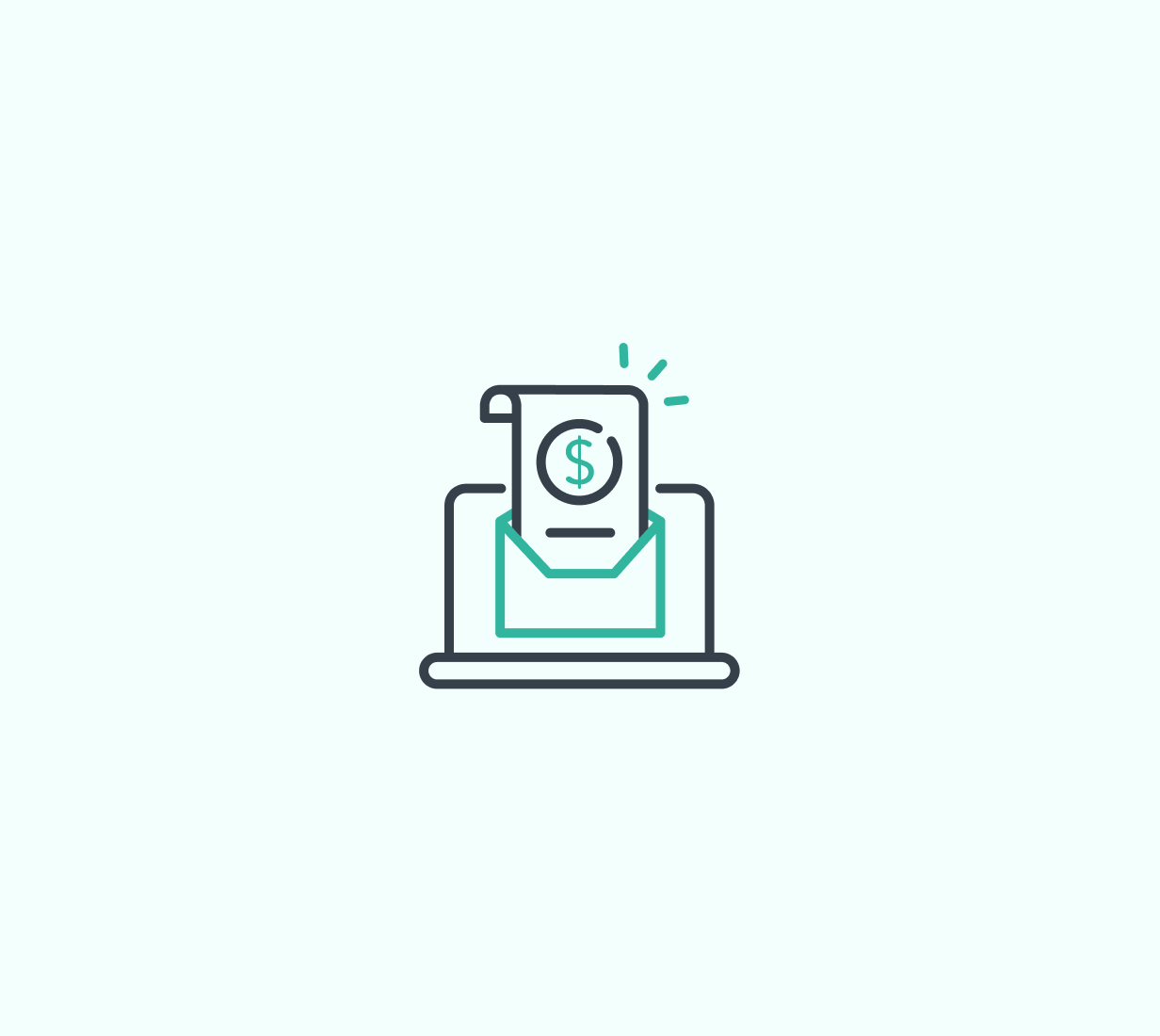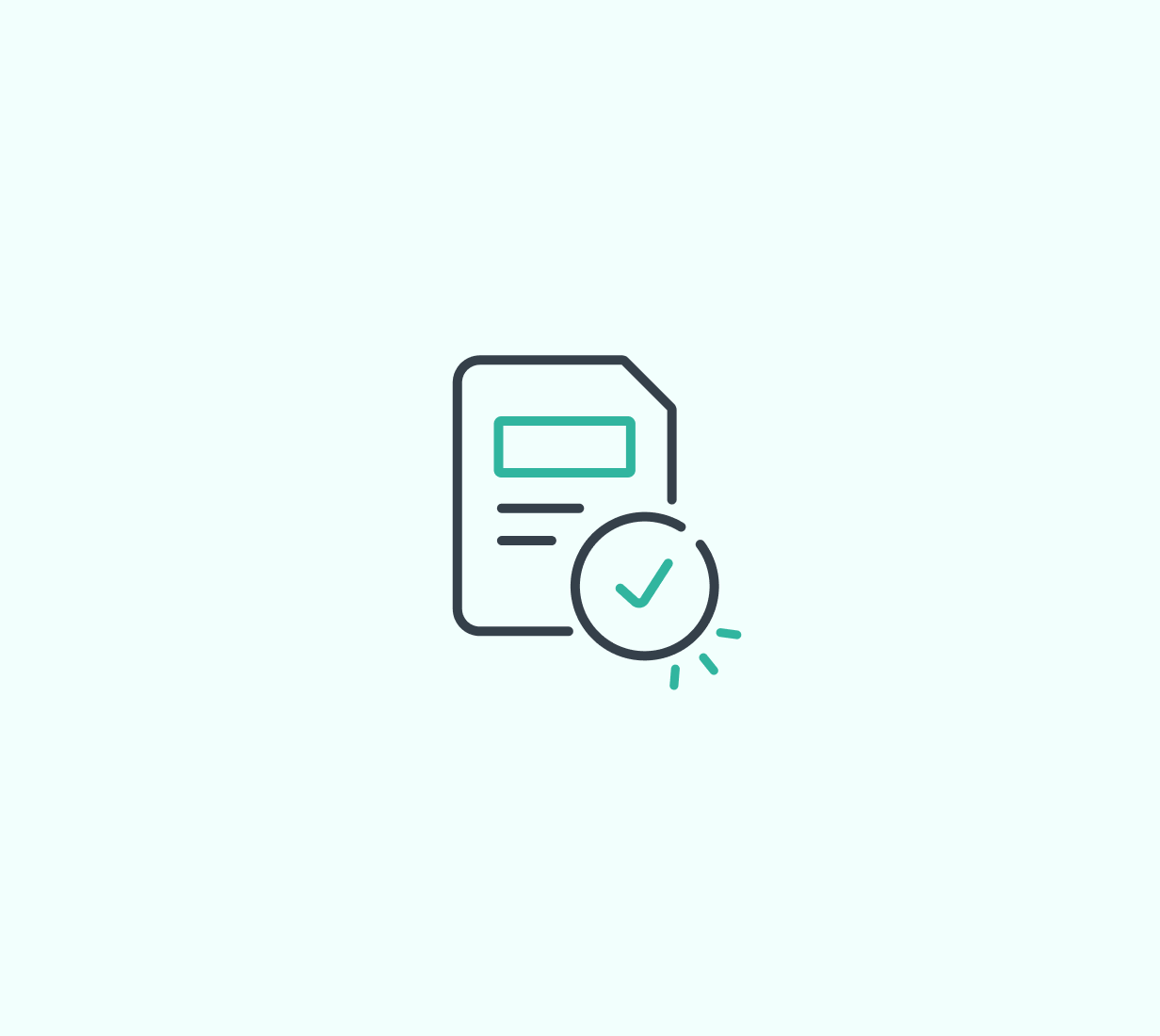If you shop or deliver with Instacart, you are running your own business in the eyes of the IRS. That means you are responsible for tracking your income, keeping records, and filing taxes correctly. Many new shoppers are surprised to learn there is no automatic withholding like you see with a traditional job. But with a little planning, you can stay organized, avoid penalties, and even save money by claiming the right deductions.
This guide will walk you through the essentials of Instacart taxes, with clear links to more detailed resources if you want to go deeper.
How Instacart income is taxed
As an Instacart shopper, you are considered an independent contractor. This means you are not an employee of Instacart, and the company does not withhold any taxes from your pay. You receive your full earnings, and it is up to you to report and pay taxes on that income.
You are responsible for two main types of taxes:
- Income Tax
- This is the federal (and sometimes state) tax you pay based on your total taxable income.
- The rate depends on your overall income and tax bracket.
- Self-Employment Tax
- Self-employment tax covers Social Security and Medicare contributions.
- It is approximately 15.3% of your net profit.
- Unlike W-2 employees, who split these costs with their employer, you pay both portions yourself.
By understanding how your earnings are taxed, you can plan ahead, track your expenses carefully, and avoid unexpected bills at tax time.
Tax forms to expect from Instacart
Instacart typically issues one or more 1099 forms if you earn enough to meet IRS reporting thresholds. These forms show your gross earnings and help you report your income accurately.
The most common forms include:
- 1099-NEC: Reports direct payments to you.
- 1099-K: Used if payments go through certain third-party processors.
These forms will arrive by January 31st and show the total income Instacart has reported to the IRS on your behalf. Even if you do not receive a 1099 because you earned below the threshold, you are still legally required to report all of your self-employment income on your tax return.
Reporting your Instacart income
When you file your taxes, you will typically use Schedule C to report your business income and expenses.
- Gross Income: This is the total amount you earned from Instacart.
- Expenses: These are the costs you can deduct that are necessary for your work.
- Net Profit: Your gross income minus expenses. This is what you pay taxes on.
You will also use Schedule SE to calculate your self-employment tax, which covers your Social Security and Medicare contributions. If you have other sources of self-employment income, such as driving for other delivery apps, you will combine all of that income on your Schedule C.
Paying quarterly taxes
Since Instacart does not withhold any taxes for you, you may need to make quarterly estimated tax payments to the IRS throughout the year.
The IRS expects taxpayers to pay taxes as they earn income. If you expect to owe more than a certain amount when you file your return, you are generally required to make four estimated payments each year. These are typically due in April, June, September, and January of the following year.
If you do not make enough in estimated payments, you could face penalties and interest when you file your return.
Many self-employed workers find it helpful to set aside a percentage of every payment they receive to cover these tax payments. A common rule of thumb is to save around 25 to 30 percent of your net earnings, though your specific rate may vary depending on your income and tax situation.
Business deductions for Instacart shoppers
One of the benefits of being self-employed is the ability to deduct ordinary and necessary business expenses. These deductions reduce your taxable income, which means you pay less in taxes overall.
Here are some common deductions for Instacart shoppers:
- Mileage: You can deduct the miles you drive for work using the standard IRS mileage rate or by tracking actual vehicle expenses. This is often the largest deduction for delivery drivers.
- Vehicle expenses: If you choose the actual expense method, you can deduct costs like gas, maintenance, insurance, and depreciation proportionally for business use.
- Cell phone bill: You can deduct the portion of your phone plan used for work activities such as communicating with customers and navigating deliveries.
- Insulated bags and delivery gear: Items purchased specifically for your delivery work can be deducted.
- Parking and tolls: Costs directly related to your deliveries can be claimed.
To claim these deductions, you need to keep clear and accurate records. For mileage, the IRS requires a detailed log showing the date, purpose, starting point, and miles driven for each trip.
Recordkeeping tips
Good recordkeeping is essential for managing your taxes and protecting yourself in case of an audit. Here are a few simple practices to adopt:
- Track your mileage daily: Use a mileage tracking app for Instacart or manual logbook to record business miles.
- Save receipts: Keep records for all business expenses, including equipment, parking, and tolls.
- Separate accounts: Consider using a separate bank account or credit card for business expenses to keep things clear.
- Review regularly: Check your records monthly so you are not overwhelmed at tax time.
Keeping organized throughout the year can make filing your taxes much simpler and help ensure you claim every deduction you are entitled to.
Common mistakes to avoid
Instacart shoppers often make a few predictable tax mistakes. Avoiding them can save you money and stress:
- Forgetting to track mileage: This can mean missing out on the largest deduction available.
- Not saving for taxes: Without withholding, you can end up with a large bill at tax time.
- Mixing personal and business expenses: This can create confusion and make it harder to claim valid deductions.
- Missing quarterly estimated tax payments: This can lead to penalties and interest from the IRS.
- Failing to report all income: Even if you do not get a 1099, you are required to report everything you earned.
Being proactive can help you avoid these issues and feel more in control of your finances.
When to consider professional help
Many Instacart shoppers can handle their own taxes with good recordkeeping and planning. However, you might want to consider hiring a tax professional if:
- You work for multiple platforms and need help combining income and expenses.
- You want guidance on choosing between the standard mileage rate and actual expenses.
- You have questions about forming an LLC, S corp, other business structures.
- You simply want the peace of mind that comes with professional review.
A tax professional can help ensure you comply with the rules while also making sure you claim all the deductions you qualify for.
Paying taxes as an Instacart shopper might feel overwhelming at first, but with the right approach it becomes manageable. Understand how you are taxed, track your income and expenses carefully, plan for estimated payments, and take advantage of the deductions available to you.











